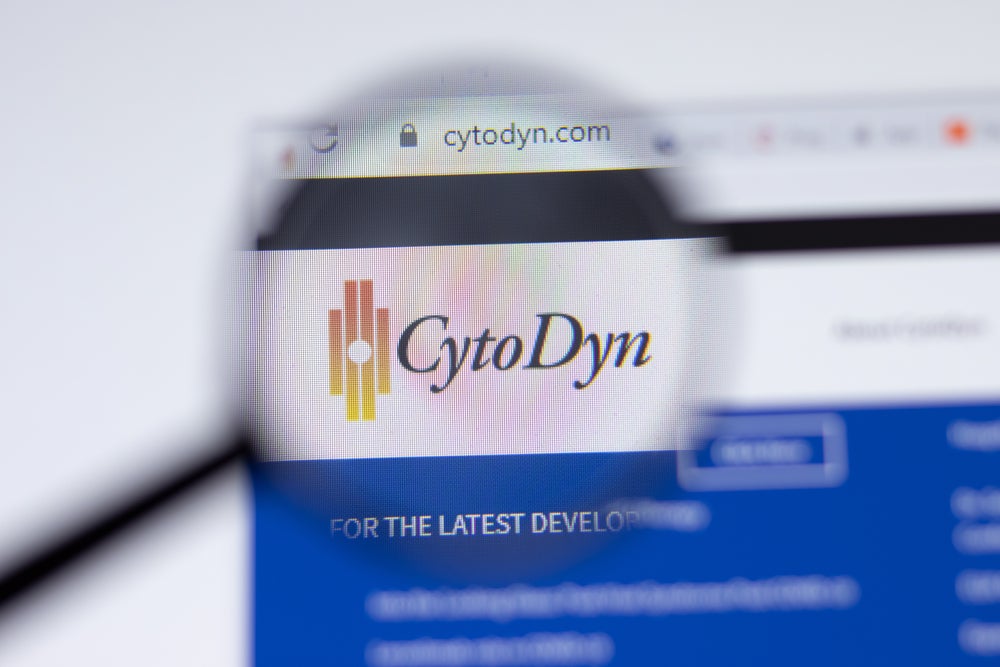A study claims that there is a link between weight-loss drugs and a reduced risk of depression and anxiety.
The study, which reviewed the medical records of over three million diabetic patients and almost one million non-diabetic patients, found that patients prescribed glucagon such as peptide-1 receptor agonists (GLP1-RA) medications such as Wegovy and Mounjaro were less likely to be diagnosed with depression and anxiety.
GLP1-RA drugs have taken the type 2 diabetes and obesity market by storm with market leaders Novo Nordisk and Eli Lilly becoming the two biggest pharmaceutical companies in the world. As a result, the candidates are being investigated in indications beyond metabolic disorders to determine their effectiveness elsewhere.
NovoNordisk’s candidate is semaglutide, marketed as Ozempic for type 2 diabetes and Wegovy for obesity. GlobalData predicts global sales of semaglutide will reach $44bn in 2029.
Eli Lilly’s candidate tirzepatide which is marketed as Mounjaro for type 2 diabetes and Zepbound for obesity is forecast to have global sales of $33.4bn in 2029.
GlobalData is the parent company of the Clinical Trials Arena.
In the study, diabetic patients prescribed tirzapetide were 65% less likely to be diagnosed with depression and 60% less likely to be diagnosed with anxiety than those not taking the GLP1-RA.
Non-diabetic patients taking semaglutide were 37% less likely to be diagnosed with depression and 31% less likely to be diagnosed with anxiety compared to those who were not prescribed the GLP1-RA.
Dr Crystal Wyllie, a physician with Zava Online Doctor, who did not participate in the research, said that while the study had a very large sample size and adjusted for age, sex and mental health history, the data only shows a correlation between GLP1-RA mediations and a reduced risk of diagnosis, but adds that there could be external factors which influence diagnosis.
Wyllie said: “While the study presents a correlation between GLP1-RAs use and reduced instances of depression and anxiety, we cannot assume that it is the medications themselves that are having this effect. Further research is needed to exclude other potential factors, such as improved self-esteem due to weight loss, better sleep or increase in physical activity.”
FDA investigation
This study comes during an ongoing investigation by the US Food and Drug Administration (FDA) into a potential link between GLP1-RAs and suicidal thoughts and acts.
Interim results of the FDA investigation determined that data from patients' reports, or clinical trials did not demonstrate a clear relationship between the use of GLP1-RAs and the occurrence of suicidal thoughts or actions.
The agency noted that because of the small number of suicidal thoughts or actions observed in both people using GLP1-RAs and in the comparative control groups, it cannot definitively rule out that a small risk may exist; therefore, the FDA is continuing to investigate.















